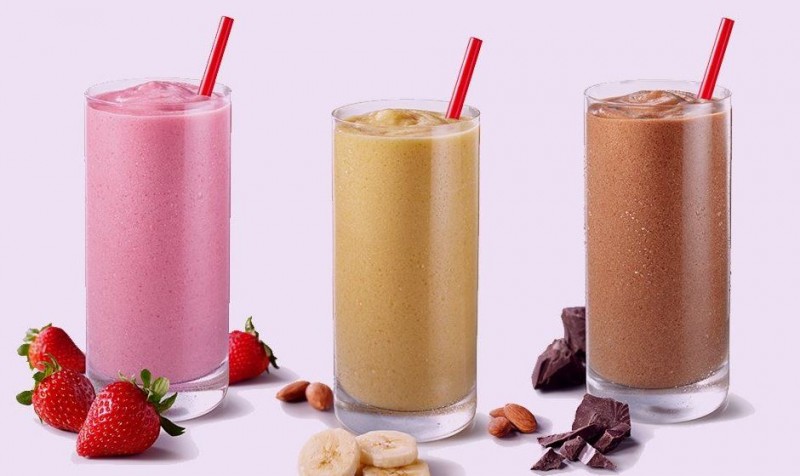
In the pursuit of shedding excess pounds and achieving a healthier (how to weight loss) lifestyle, countless individuals turn to various strategies and dietary changes. Among these changes, the impact of beverages on weight loss often becomes a point of contention. While some drinks are celebrated for their potential to aid in weight management, others remain detrimental to these goals. This article delves into the realm of three popular beverages that are often considered by many to be harmful to weight loss efforts. Through careful examination, we will debunk the misconceptions surrounding these drinks and highlight the importance of making informed choices in the journey towards better (how to weight loss) health.
Sugar-Laden Soft Drinks
Sugar-sweetened beverages, commonly known as soft drinks or sodas, have garnered a notorious reputation for their negative effects on weight management and overall health. These carbonated beverages are loaded with added sugars, contributing to excess calorie intake and offering no nutritional value. Studies have consistently shown a strong correlation between the consumption of sugary drinks and weight gain, increased body fat, and a higher risk of obesity-related health issues.
The primary reason behind the detrimental impact of soft drinks on weight loss lies in their high sugar content. A single can of soda can contain up to 40 grams of added sugars, exceeding the recommended daily intake in just one serving. Excessive sugar consumption not only leads to a rapid spike in blood glucose levels but also prompts the body to store excess sugars as fat, primarily around the abdominal area. This visceral fat accumulation is linked to a higher risk of cardiovascular diseases, type 2 diabetes, and metabolic syndrome.
Furthermore, soft drinks provide empty calories that fail to trigger feelings of fullness and satiety. This often results in individuals consuming additional calories from other sources, compounding the negative effects on weight loss efforts. Substituting sugary beverages with water, herbal teas, or other low-calorie options is a fundamental step towards achieving successful weight management.
High-Calorie Coffee Beverages
Coffee, a beloved morning ritual for many, has evolved into a wide array of elaborate concoctions available at coffee shops worldwide. While plain, black coffee is virtually calorie-free and has even been associated with certain metabolic benefits, the same cannot be said for many popular coffee beverages that are laden with excess calories and added sugars.
Specialty coffee drinks like flavored lattes, mochas, and frappuccinos often come with a hidden caloric punch. These beverages can contain high amounts of added sugars, whipped cream, syrups, and whole milk, contributing to a significant calorie load that is not conducive to weight loss goals. It's crucial to recognize that the basic components of coffee itself are not the issue; rather, it's the accompaniments that can sabotage weight loss progress.
Moreover, such high-calorie coffee beverages can lead to a spike in energy levels followed by a crash, leading individuals to crave more sugary or calorie-dense snacks to maintain energy throughout the day. Opting for simpler coffee options, such as black coffee, Americanos, or light milk and sugar alternatives, can help individuals enjoy their coffee without jeopardizing their weight loss efforts.
Fruit Juices and Smoothies
Fruit juices and smoothies are often perceived as healthy choices due to their association with fresh fruits and their nutritional benefits. However, this perception can be misleading, as many commercial fruit juices and smoothies are concentrated sources of sugars and calories, lacking the fiber and satiety provided by whole fruits.
Fruit juices are stripped of fiber during the extraction process, leaving behind the natural sugars from the fruits. This concentrated sugar content can cause rapid spikes in blood sugar levels, similar to the effect of soft drinks. Additionally, despite being derived from fruit, juices often lack the full spectrum of nutrients found in whole fruits, as vitamins and minerals are lost during processing.
Smoothies, while potentially more nutritious due to their inclusion of whole fruits, can easily become calorie bombs when loaded with excessive amounts of fruits, yogurt, nut butters, and sweeteners. The total calorie content of some smoothies rivals that of a full meal, making them a poor choice for individuals looking to control their calorie intake.
In the journey towards weight loss and improved health, beverage choices should not be overlooked. The misconception that certain drinks, like sugar-laden soft drinks, high-calorie coffee beverages, and fruit juices/smoothies, can support weight loss has been debunked through scientific research and analysis. These beverages often provide empty calories, excess sugars, and minimal nutritional value, ultimately hindering weight loss efforts.
Understanding the impact of beverages (how to weight loss) on overall calorie intake and metabolism is essential for achieving and maintaining weight loss goals. Making informed choices, such as opting for water, unsweetened herbal teas, plain black coffee, and whole fruits, can significantly contribute to successful weight management. By dispelling these myths and embracing healthier beverage alternatives, individuals can empower themselves to make positive changes that support their weight loss journey and promote long-term well-being.
How to effectively remove scars and marks ?
10 Methods for Achieving Silky Smooth Skin
Want Hair Without Frizz? Follow these 7 Essential Haircare Suggestions